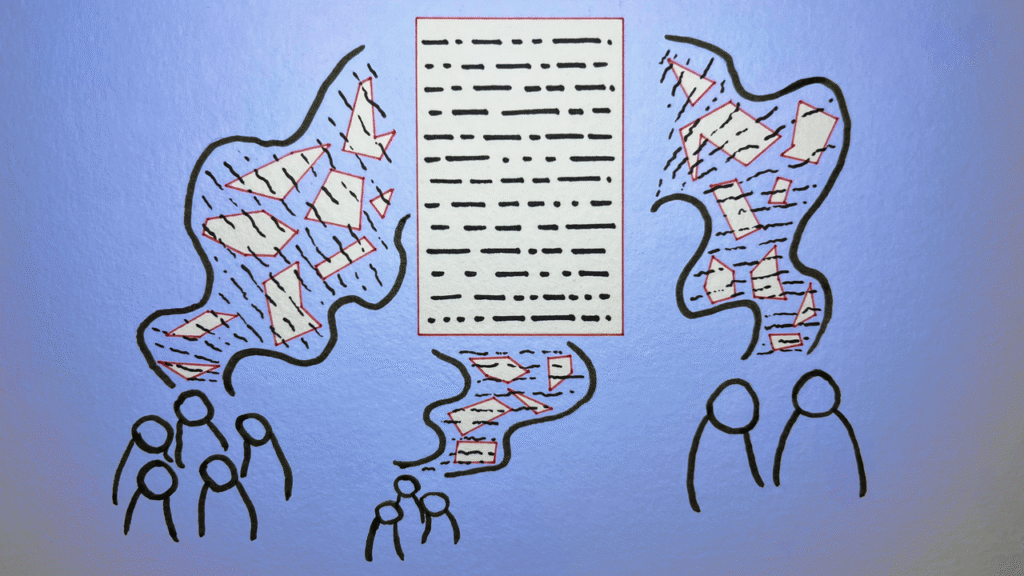Date/Time
Date(s) - 18/11/2025
5:00 pm - 6:30 pm
Categories

November 12, 17-18:30 (CEST): On reading machine learning
One of the strengths of Critical AI studies has been a rapid development of methods for addressing the different social and political objects that encompass AI. We now have outstanding studies of datasets, material infrastructures, ecologies, histories, and the political economy of platforms. Rather than naively “reading” model outputs, they account for their conditions of possibility. These studies cut through words—ideologies ranging from hype to doom—to grasp the interplay of interests, materiality, and power that constitute AI.
And yet, as a research group, we have never been quite able to step fully outside of the text, specifically the texts in which the machine learning community describes its models. Published almost continuously in repositories like ArXiv, this literature forms a significant site of conceptualization, where models and benchmarks are interpreted—often through analogy. In this talk, we will reflect on the characteristics of this literature, its distinctive tropes, style, and conventions. We then propose critical reading strategies for scholars in the interpretive social sciences and humanities, who all in their own way face the problem of reading texts for whom they are not the intended audience.
Louise Amoore is Professor of political geography and Director of the Leverhulme Centre for Algorithmic Life, Durham University. Her work addresses the politics of machine learning algorithms and the epistemologies of contemporary AI. She is the author of Cloud Ethics: Algorithms and the Attributes of Ourselves and Others (2020) and The Politics of Possibility (2013), both with Duke University Press. Louise is Fellow of the British Academy.
Alexander Campolo is a postdoctoral researcher on the “Algorithmic Societies” project in the Department of Geography at Durham University. His work draws from the history of science and technology and social theory to explore the epistemological and political implications of machine learning. He received his PhD from New York University and has previously worked as a postdoctoral fellow at the Institute on the Formation of Knowledge at the University of Chicago and the AI Now Institute.
The invited talk by Louise Amoore and Alexander Campolo takes place online and is open to everyone.
